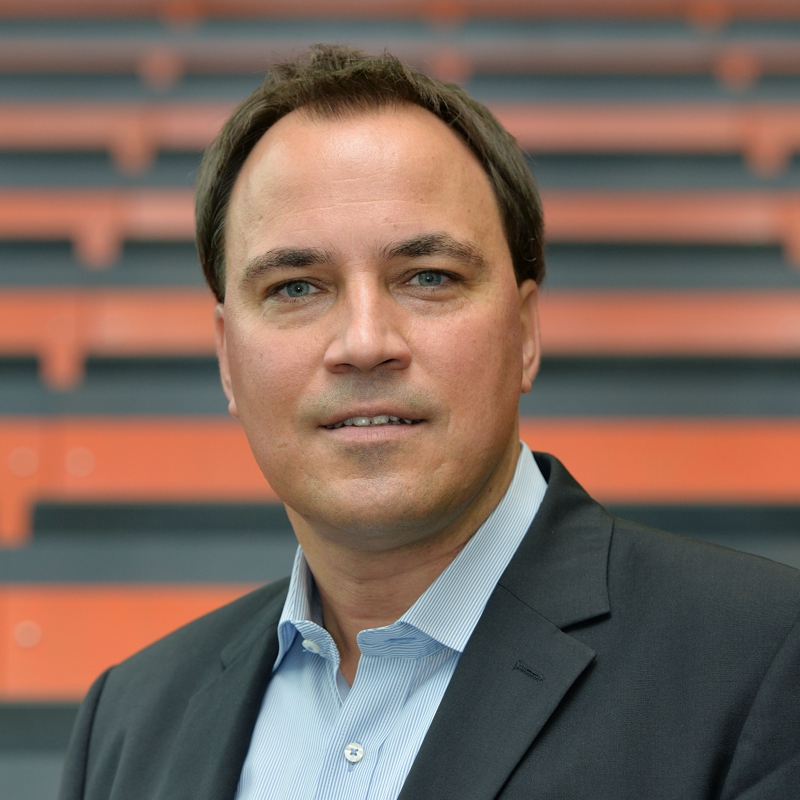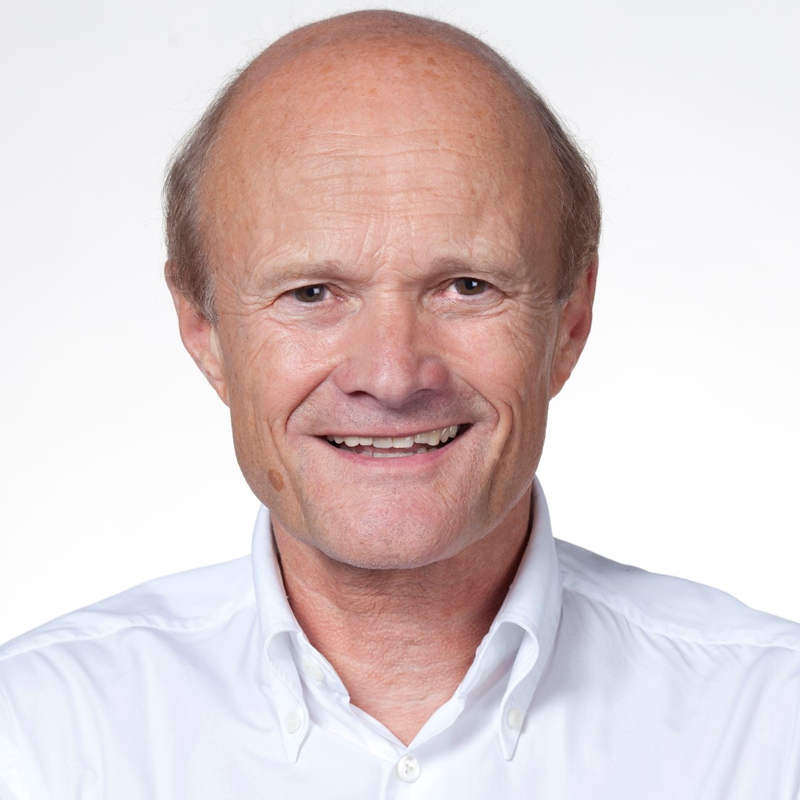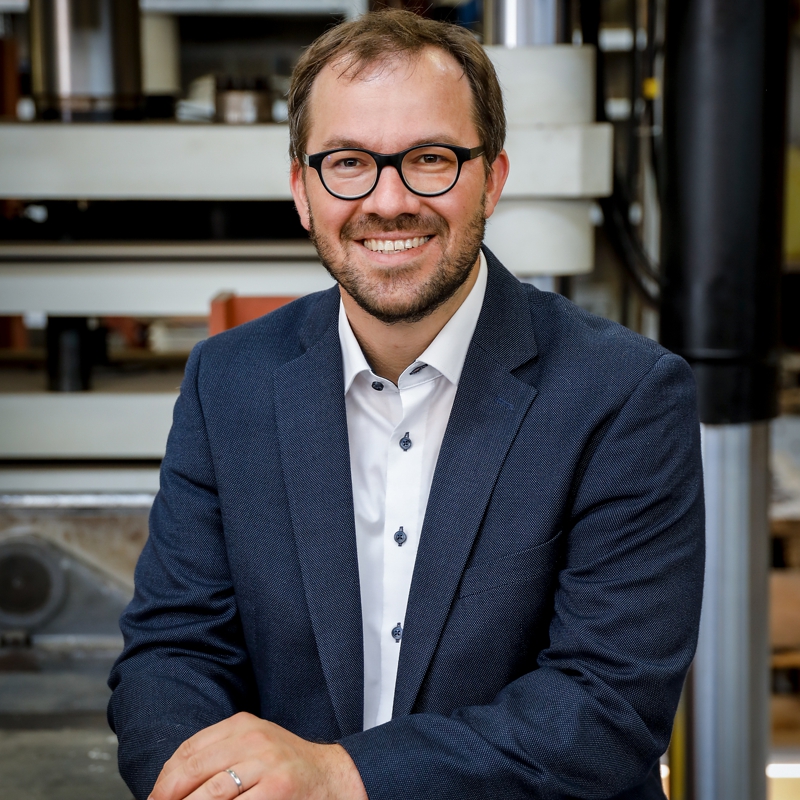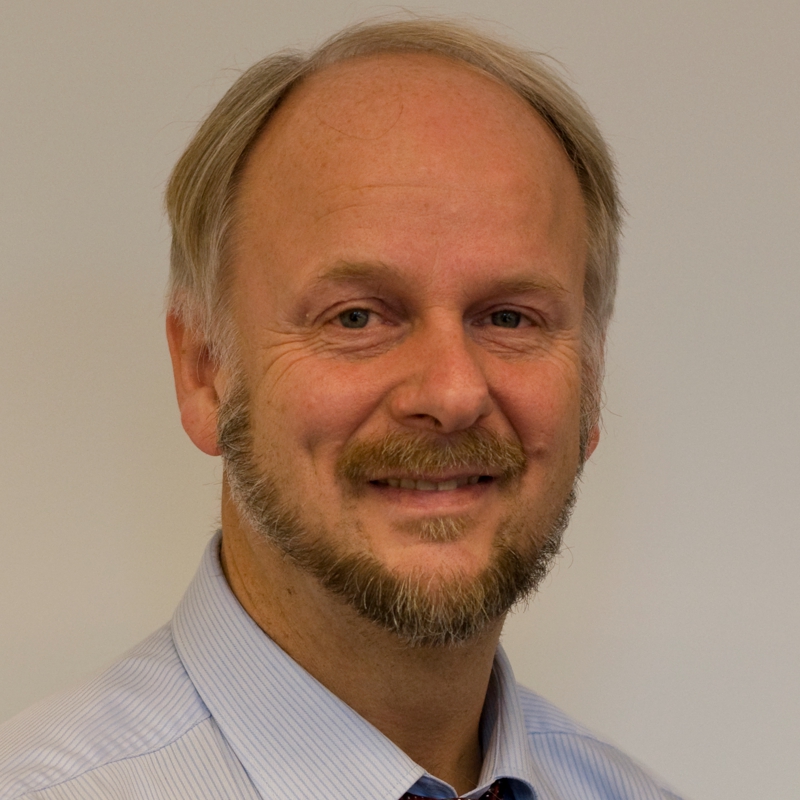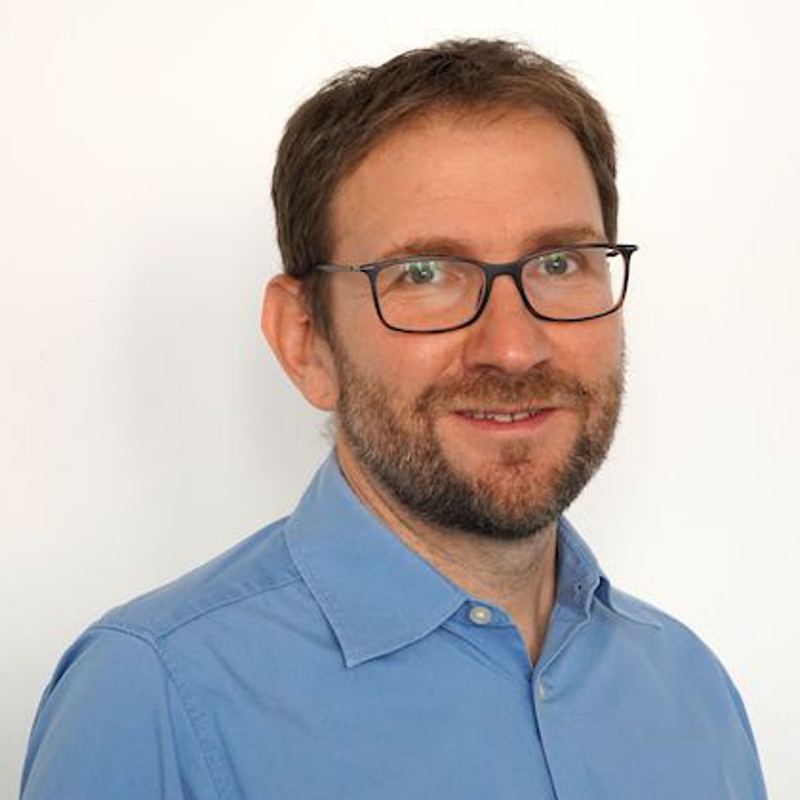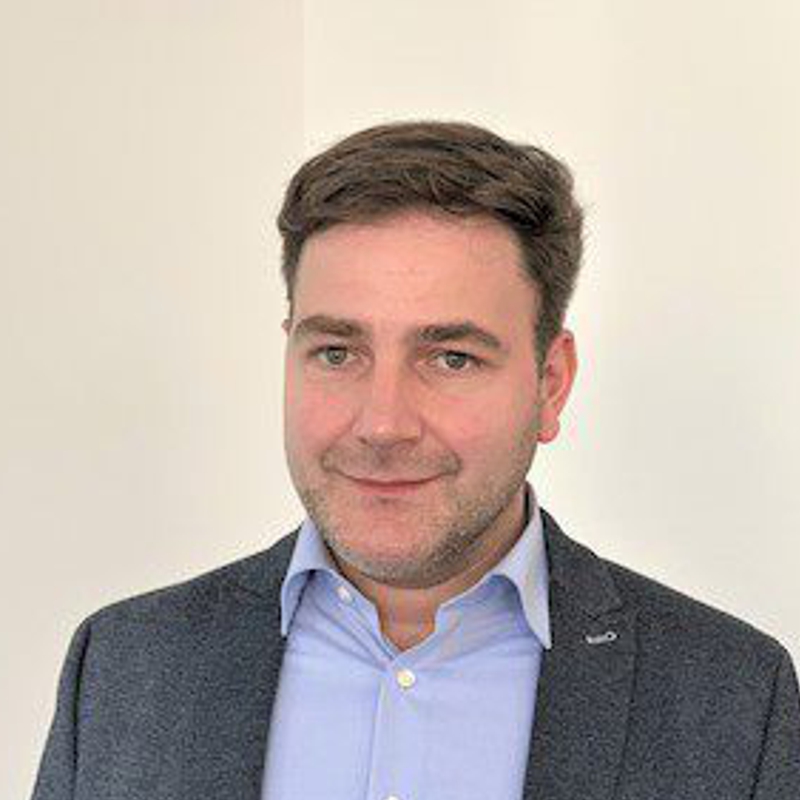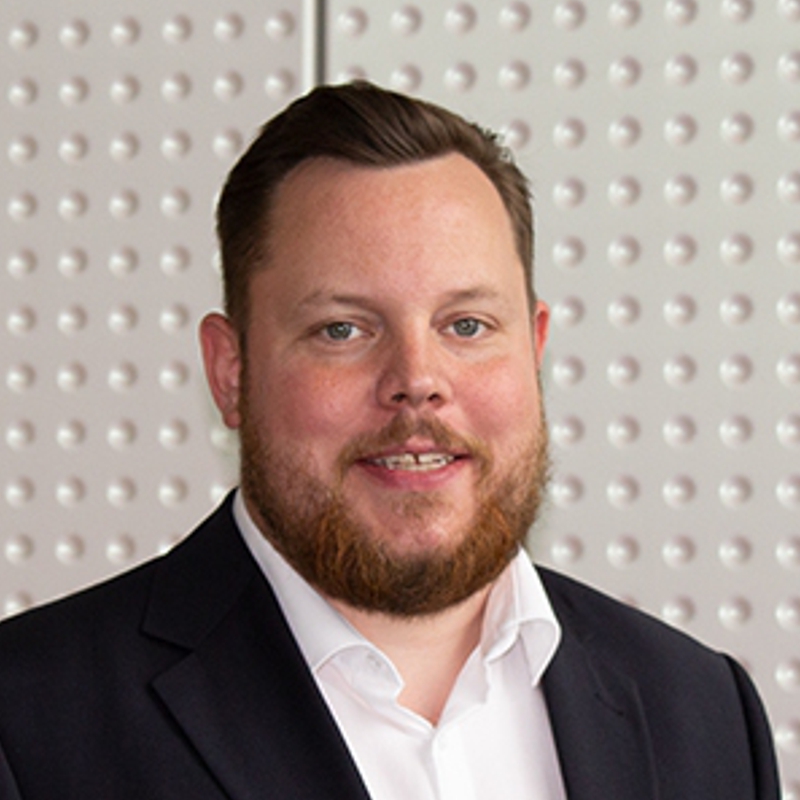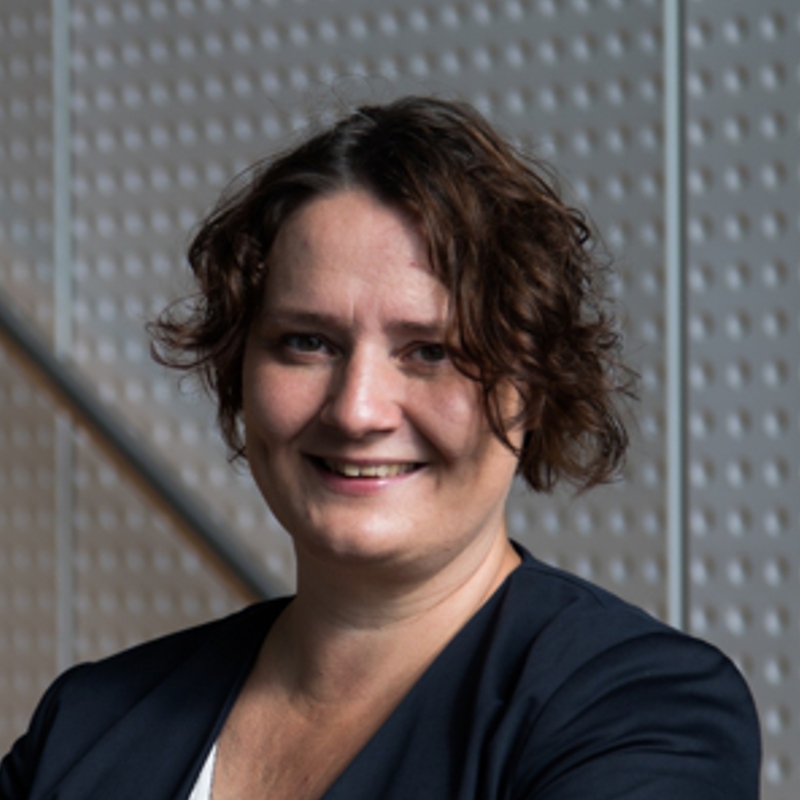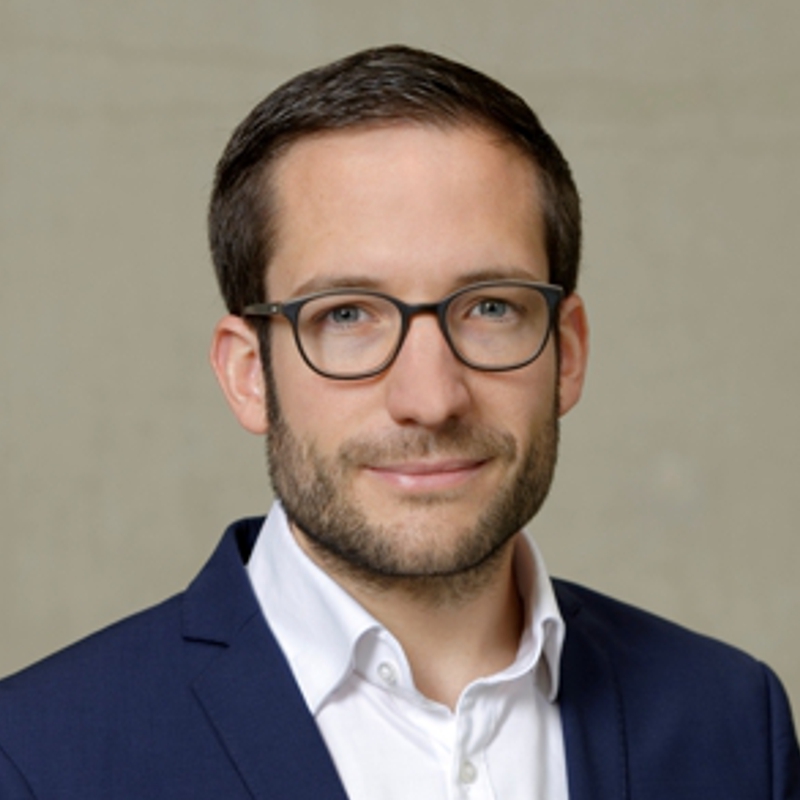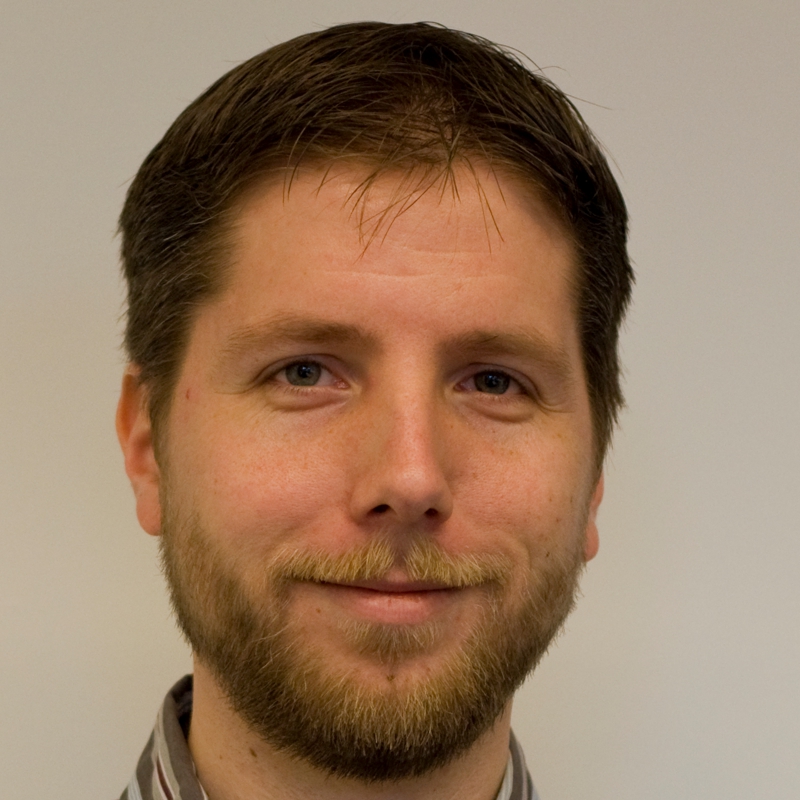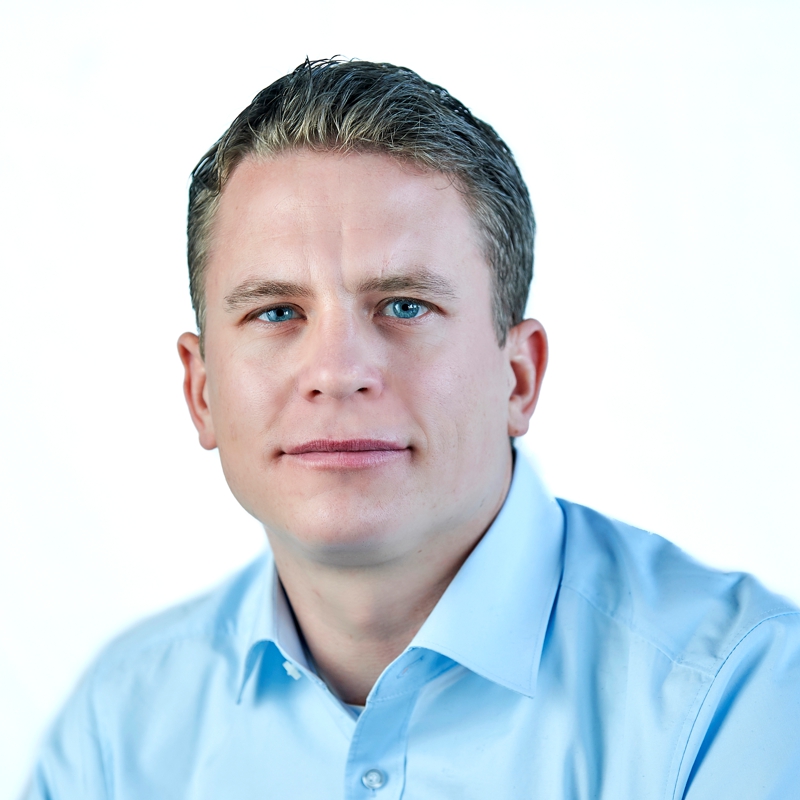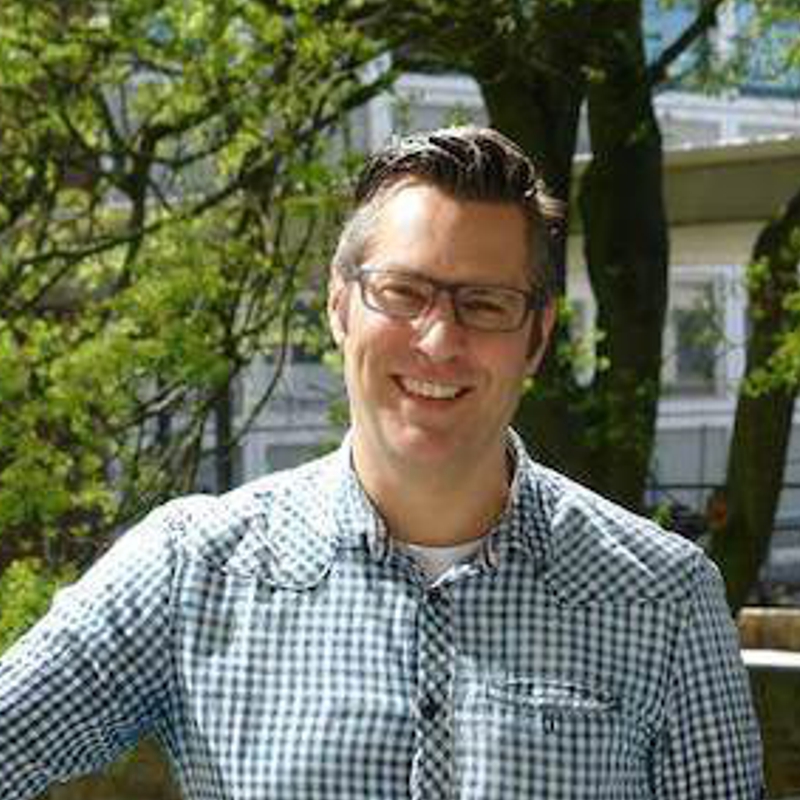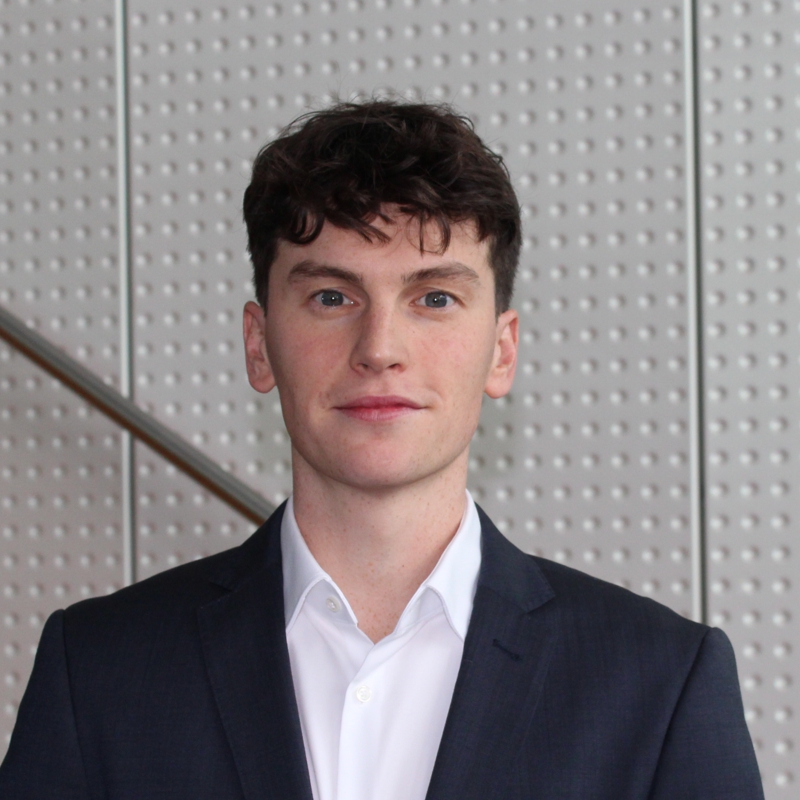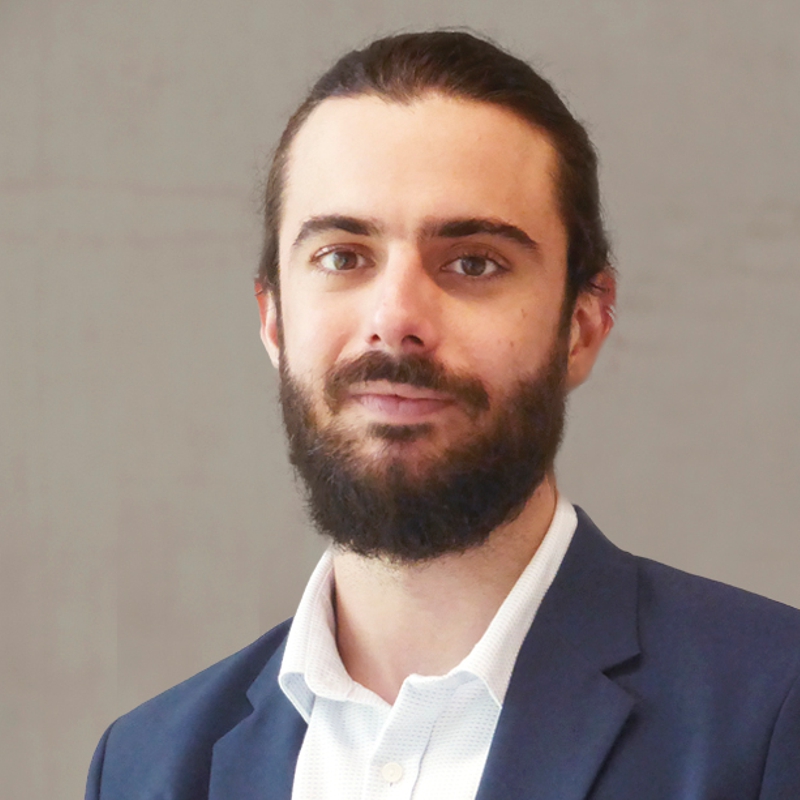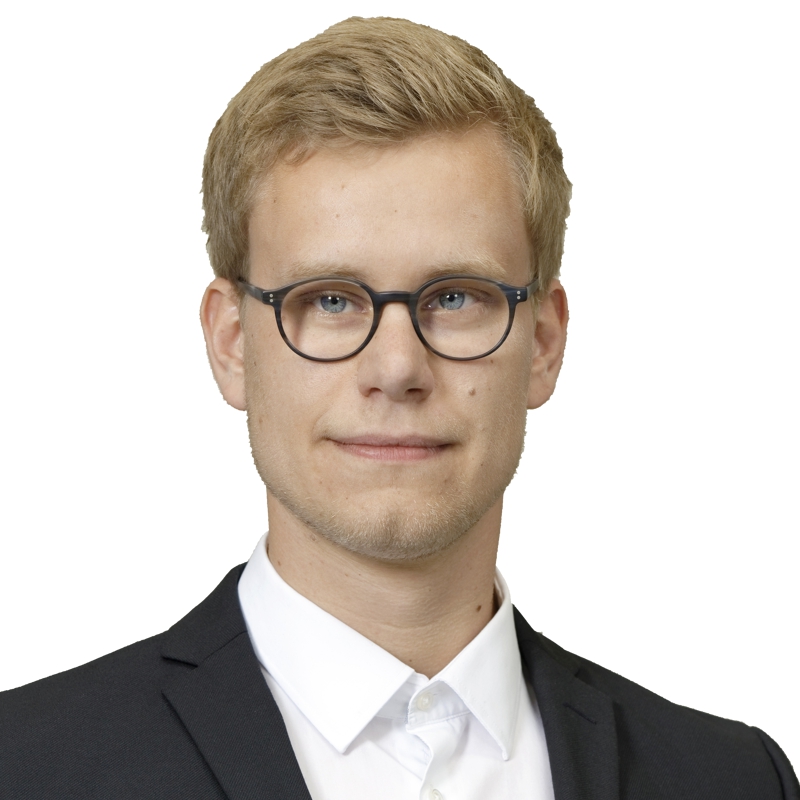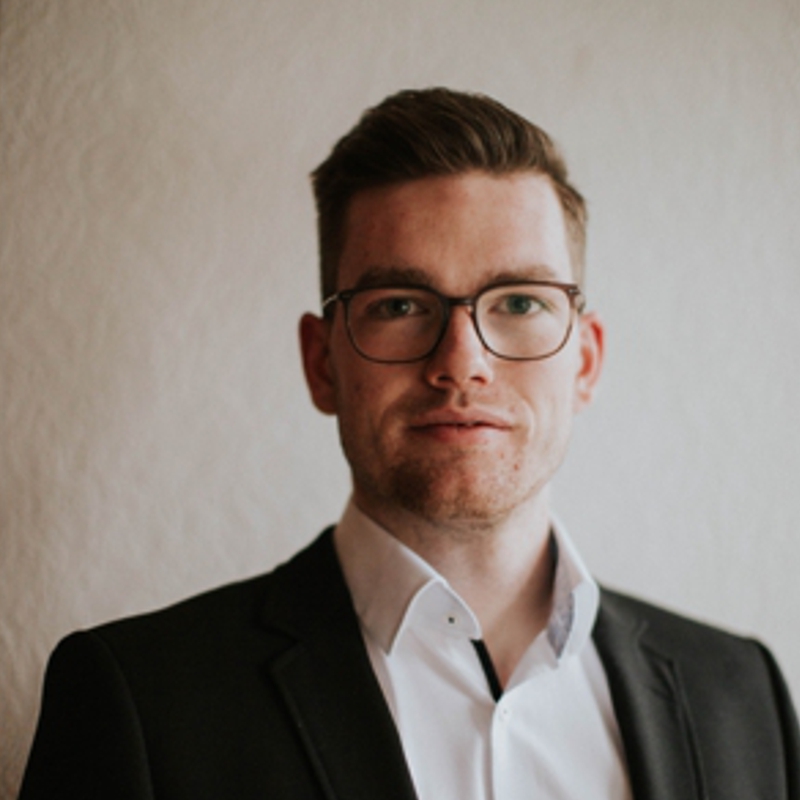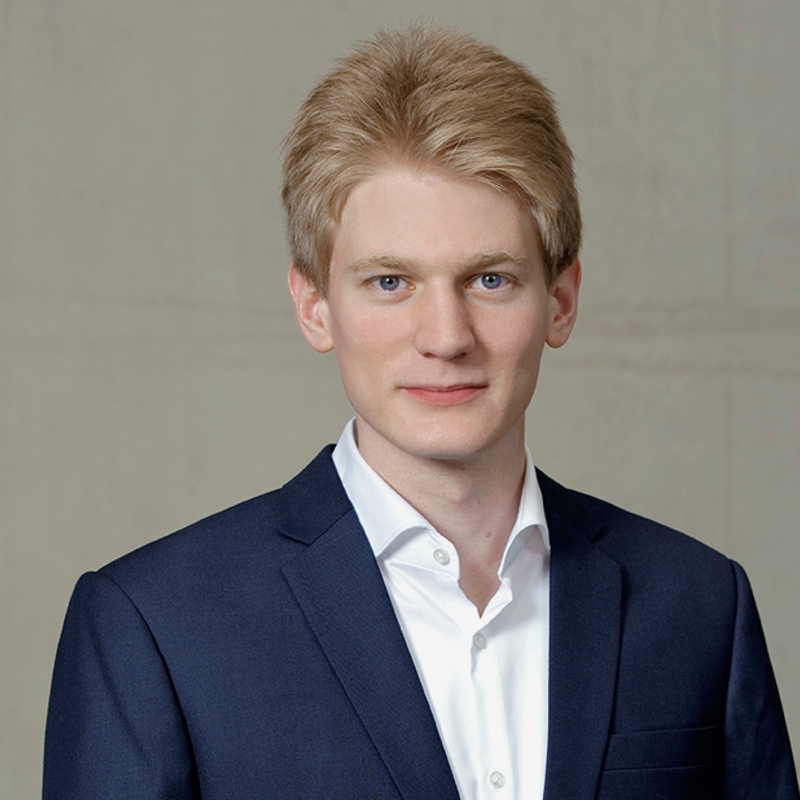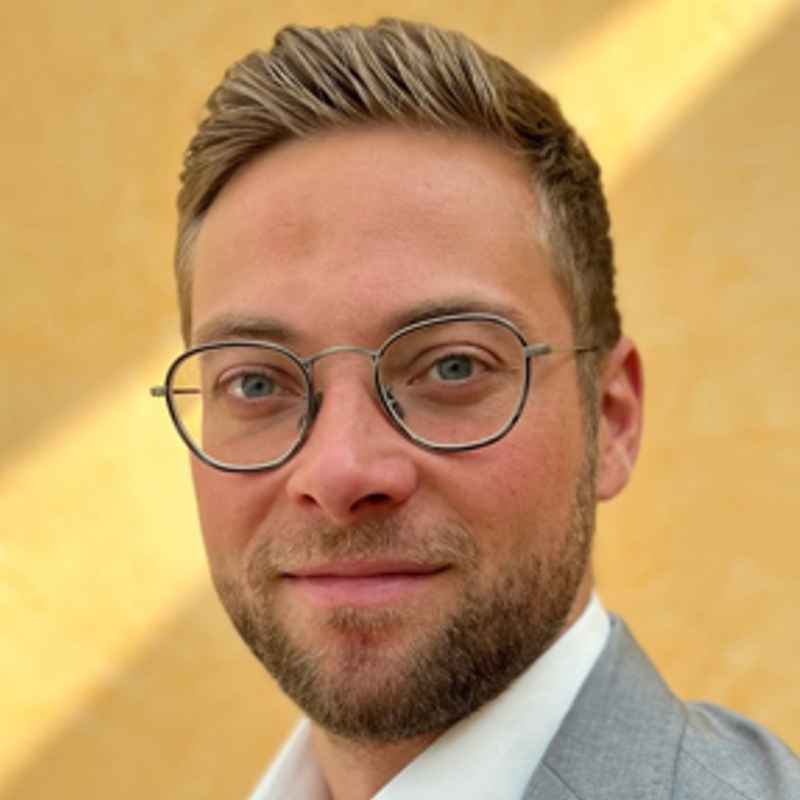The construction industry is of great importance in Germany. In 2018, around 360 billion euros were used for construction measures, which corresponds to around 10 % of Germany’s gross domestic product. In addition, almost 6 % of the total value added in the construction industry is generated by the approximately 2.5 million employed persons (almost 6 % from the entire federal territory). This makes the construction industry a key industry in Germany. When looking at productivity growth per employee, the well-known inertia of the construction industry is striking. Compared with the information and communications industry (increase of approx. 150%) and manufacturing industry (increase of approx. 75%), there has been virtually no increase in the construction industry over the past 30 years. This confirms the prejudices of the conservative construction industry against renewal and innovation. This is mainly due to the uniqueness of individual construction projects and the fact that the service life of buildings is much longer than that of products in other sectors. As a result, safety requirements, particularly on the part of the authorities, are also much stricter and reservations about renewals and innovations are naturally higher. However, production-enhancing innovations are unavoidable in the construction industry, also because of the increasing shortage of skilled workers.
This is precisely where the CBI wants to start and develop faster technology transfer in the areas of bridge construction, building construction and road construction with associated infrastructure. Close cooperation between various representatives of the value chain and other competitors will bring new innovations and technologies to construction sites more quickly. The early involvement of the authorities will eliminate construction-related concerns. The consortium approach to solutions thus benefits all those involved in construction and increases the competitiveness of the individual trades.
The holistic approach of the CBI aims to integrate the latest trends in emerging technologies into construction as effectively as possible. New processes, construction methods and optimized high-performance materials can thus quickly become the standard, even in the age of digitalization.




